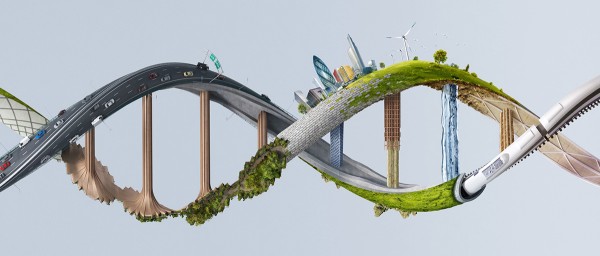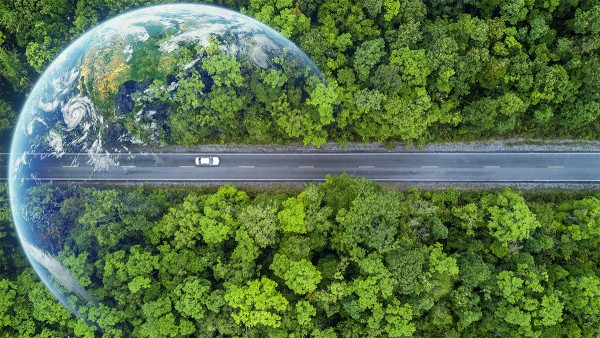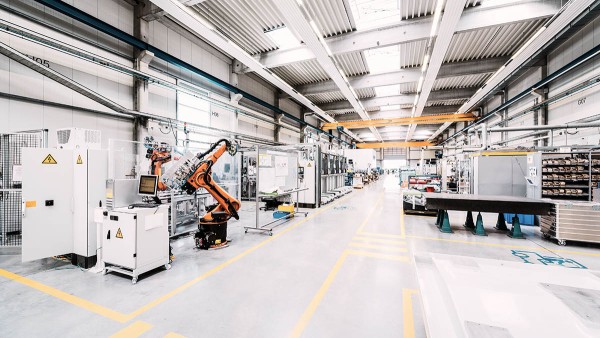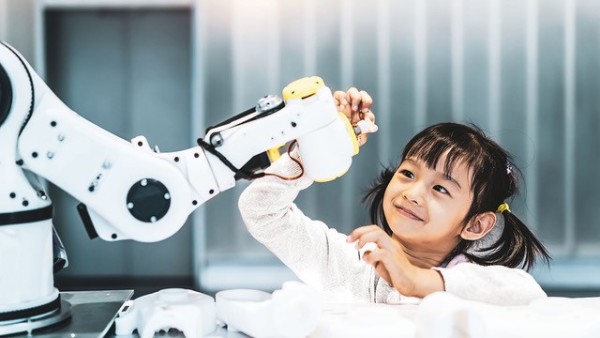
Choosing the right system components for cobots and lightweight robots can improve their performance, while providing cost advantages and greater design freedom, says Ralf Moseberg, Head of the Industrial Automation Business Unit at Schaeffler. With this in mind we took the time to probe Mr Moseberg further on the challenges and how Schaeffler supports in the design of cobots.

A new torque sensor system for cobots – integrated into a precision strain wave gear – enhances the performance of cobots and lightweight robots, as well as shortening cycle times. This represents a major advancement in breaking down the barriers to the widespread use of robots in industrial automation, says Ralf Moseberg, Head of the Industrial Automation Business Unit at Schaeffler.

In today’s climate, medical professionals especially, need to be able to rely on their equipment to assure the safety and well-being of patients in their care. With shortages in funding, staff and infrastructure in hospitals and healthcare systems have created an extremely challenging high-pressure environment where, now more than ever, medical equipment must perform effectively and be cost-efficient.

It’s time to get serious about renewable energies. The world has already experienced the effects of climate change, and it’s only getting worse. To mitigate these effects, we need to find a way to reduce greenhouse gas emissions, especially within the transport sector; as in countries like the UK and the US, the transport sector is now responsible for emitting more greenhouse gases than any other, including electricity production and agriculture.

Machine failure often results from poor inspection practices, equipment not being cleaned or lubricated properly, as well as operator error due to complex condition monitoring tools requiring expert knowledge. Machine failure is usually one of the biggest concerns in every manufacturer's mind. Whether minor or catastrophic, equipment failure tends to result in repair costs, unplanned downtime, productivity loss, and impacts on production and delivery of services

Growing concern around the economic and geopolitical implications of possible shortages in oil supply are triggering the search for alternative fuels. Hydrogen offers promise as a clean energy carrier, as it can contribute to three vital targets that policymakers currently favour around the world: GHG emissions reductions, energy security and reduction of local air pollution.

The climate change clock ticks continually. To reach the goals of reducing risk and vulnerability to climate change, strengthening resilience and, enhancing well-being and the capacity to anticipate and respond successfully to change. We need to get the required innovations off the ground as soon as possible.

The transportation sector is facing disruption across the board from unsustainable global air, land, and water pollution levels. To address these concerns in the transport industry, Schaeffler is developing efficient solutions for its bearings that offer plenty of efficiency and innovation potential. They can reduce friction, therefore noticeably lower the consumption of commercial vehicles.

The role of rail is crucial if the transportation sector wants to achieve its climate goals. Rail is one of the most energy-efficient transport modes, responsible for nine per cent of global motorised passenger movement and seven per cent of freight shipping—though only three per cent of energy consumption, according to the International Energy Agency (IEL).











